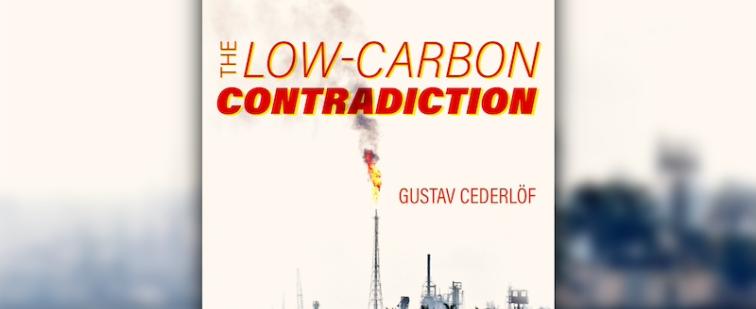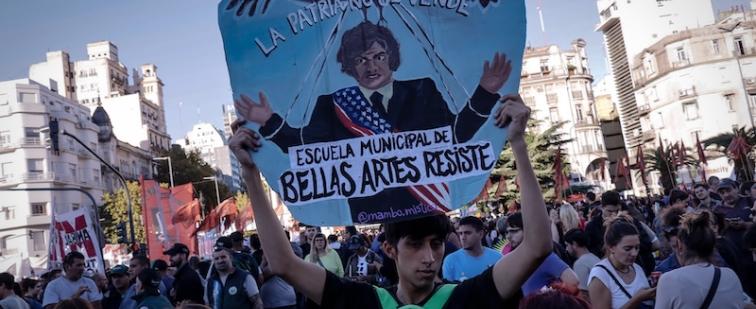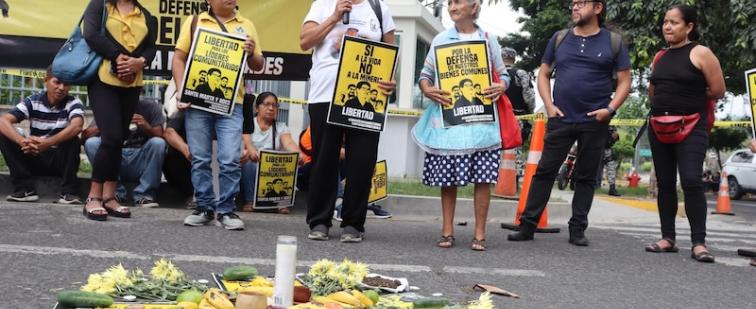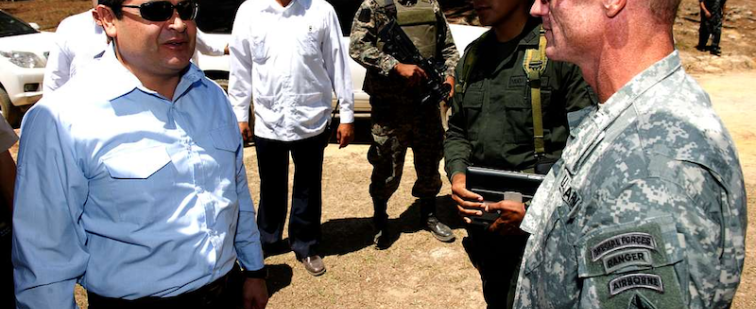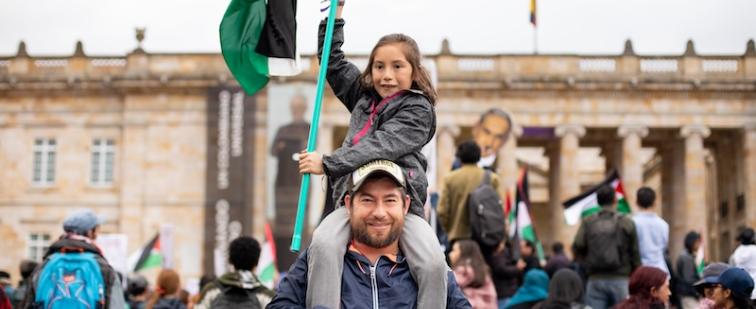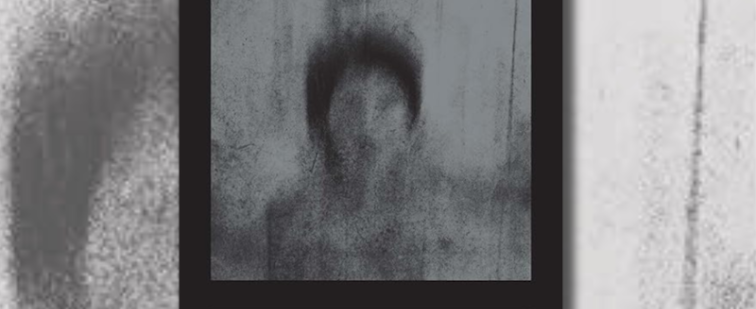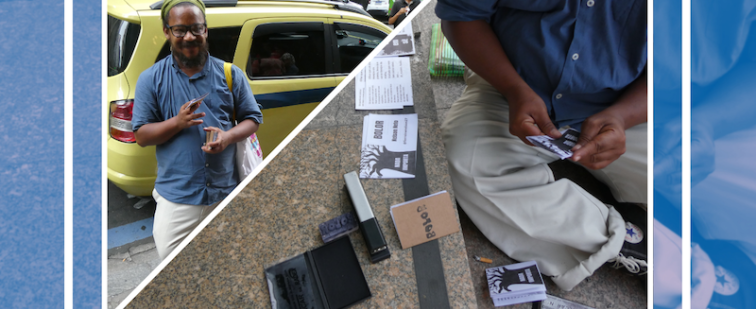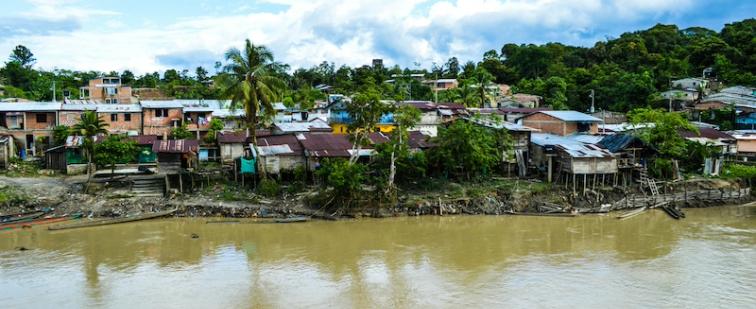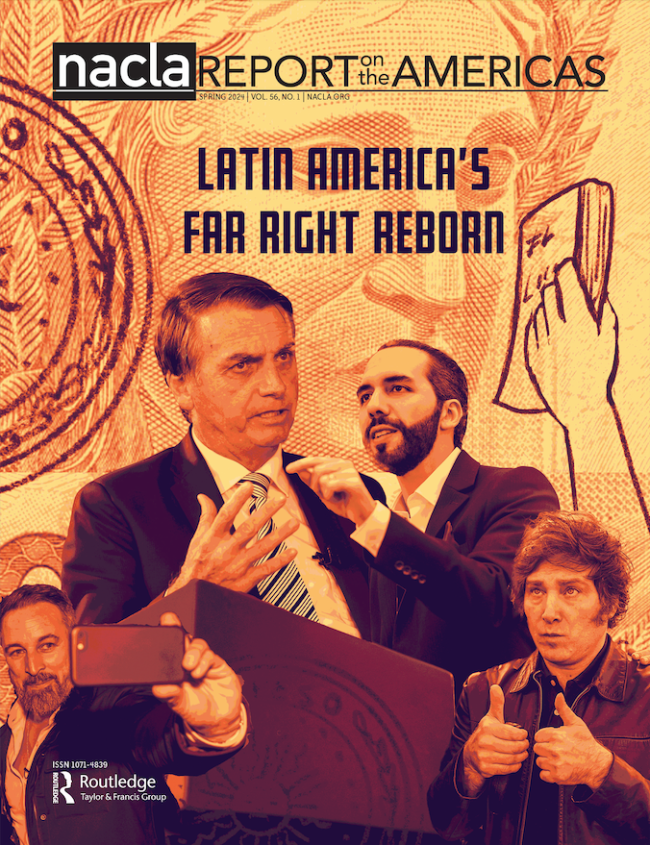Home
The agricultural sector that is emerging has fewer, bigger, more industrial farms. It relies on imports of pesticides more than ever. And the quality of its famed meat is being traded for cheap production. It is a trend that will be difficult to reverse. Cattle farming takes such a large up front investment that once a farmer sells his herd, it is hard to get it back. Historically, Argentines have treated cattle as walking bank accounts—the word for the industry, ganaderia, shares the same root as the verb “to earn.” For many farmers, the bank is broken. They are now fully dependent on the volatile international prices of soy and other crops.
The announcement on June 25 that Spain will begin to limit its application of universal jurisdiction garnered no more than a humble blip in international media coverage. The principle, which asserts that certain crimes are so egregious that they are an affront to all humanity and therefore prosecutable by any nation, is at the center of fierce philosophical debate in international law. But for survivors of genocide in Guatemala, universal jurisdiction has represented something much more tangible—an important avenue for justice against the lingering impunity left in the wake Latin America's dirty wars.
The most notable instance of a massive and successful social protest in Puerto Rico in recent years has been on the island of Vieques between 1999 and 2003. This was a rare case in which Puerto Ricans were able to overcome their partisan divisions to end the U.S. Navy's 60 years of training on this small, 51-square-mile island off the main island's east coast. Part of the reason for the Vieques victory, including gaining support from some influential U.S. politicians, was that leaders framed the protest in terms of human rights, public health and environmental degradation rather than Yanqui imperialism.
The first time Mario Terán faced a doctor from Cuba, he killed him. He heard Che Guevara utter his famous last words: "Shoot, coward; you are only going to kill a man," and in October of 1967, in a small schoolhouse in rural Bolivia, Sergeant Terán fired a round of bullets into the revolutionary's body. Forty years later, Terán walked into a medical clinic staffed by Cuban physicians. Disguising his identity, he requested medical attention. His cataracts were corrected, his sight restored.
The Writers in Prison Committee of International PEN (WiPC) protests the one-year prison sentence and fine handed down to publisher Raúl Figueroa-Sarti on 6 August 2009 for alleged copyright infringement. Figueroa is currently under house arrest and there are concerns for his safety. There are significant concerns that the case against Figueroa has been brought in retaliation for his publication of books on human rights abuses in Guatemala. The WiPC is therefore calling for the case against the publisher to be dropped and for him to be allowed to return to the USA, where he is resident.
It was a moment that promised to define a new era in U.S.-Latin American relations: Obama greeted Hugo Chávez at the Summit of the Americas with a smile and a handshake, and Chávez responded with a gift and a heavily accented “I wanna be your friend.” But a nearly completed agreement to grant the U.S. military access to Colombian bases is rapidly undermining whatever diplomatic progress was made in that fleeting moment.
Since U.S. journalist Brad Will was shot in the streets of Oaxaca during the 2006 uprising, the Mexican government has been dragging its feet on prosecuting his killers. But now that billions of U.S. drug war dollars hang in the balance, the government has tried to pin the murder charges on Juan Manuel Martínez. Evidence strongly shows Martínez's innocence, suggesting the Mexican government is trying to whitewash its human rights record.
On Tuesday, July 28, the U. S. government announced that it had revoked the visas of four leading members of the government installed by the June 28 Honduran coup. More than a month after the Honduran military awoke President Manuel Zelaya at gunpoint and sent him packing to Costa Rica, it appears that Washington is finally beginning to put its foot down—lightly.
In March, the mainstream media parachuted into El Paso, Texas, to hype the supposed “spillover” of drug war violence from neighboring Ciudad Juárez. There was only one problem with this latest rationale for further militarizing the U.S.-Mexico border: The El Paso murder rate remains a small fraction of that in Juárez, according to the FBI.
Street art plays an increasingly vital role in revolutionary Venezuela: It is a mode of political expression, a form of popular education, and helps build a collective historical memory. Few places show this more brilliantly than the 23 de Enero district with its combative spirit inscribed on almost every corner. Its art-filled walls show 23 de Enero will continue to play a pivotal role in Venezuela's political life, as it has for decades.

